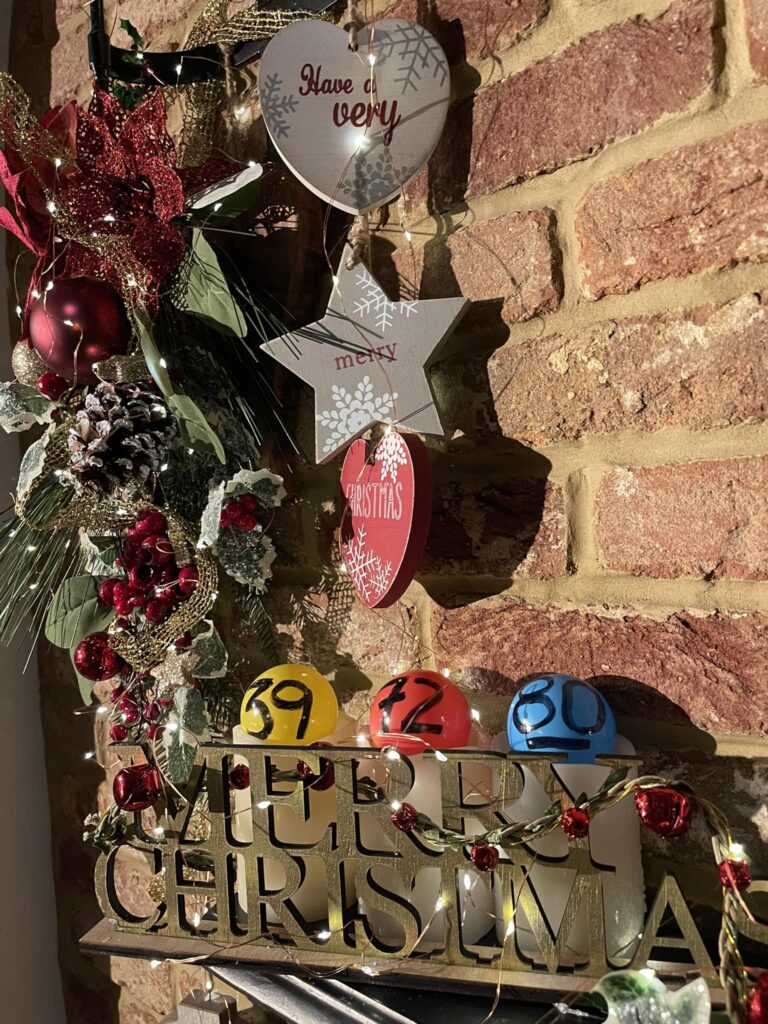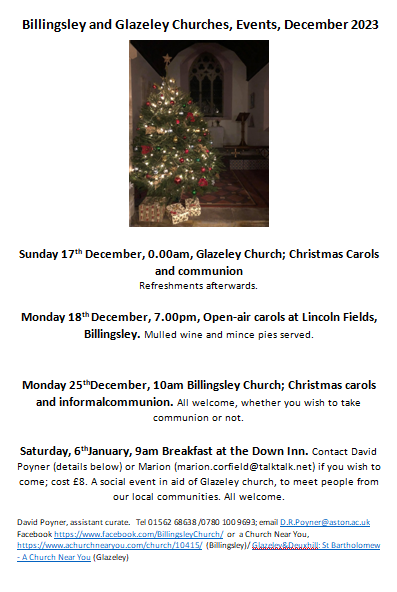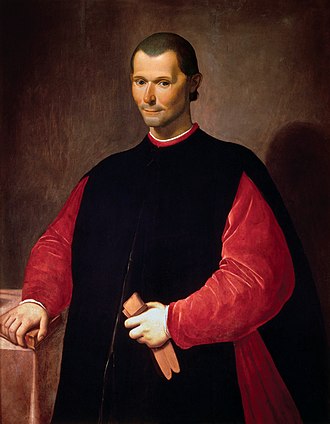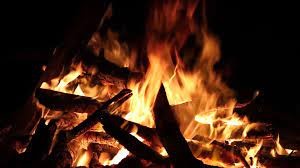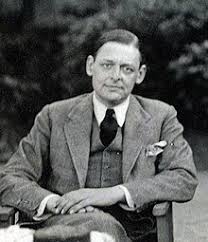
In 1940, amidst the bleakness of World War, T.S. Elliot wrote his poem, “East Coker”. It contains these lines;
“I said to my soul, be still, and wait without hope
For hope would be hope for the wrong thing; wait without love,
For love would be love of the wrong thing; there is yet faith
But the faith and the love and the hope are all in the waiting.
Wait without thought, for you are not ready for thought:
So the darkness shall be the light, and the stillness the dancing.
Whisper of running streams, and winter lightning.
The wild thyme unseen and the wild strawberry,
The laughter in the garden, echoed ecstasy
Not lost, but requiring, pointing to the agony
Of death and birth.”
I often struggle to understand Elliot, but I am always drawn to his words, for they have hints of great truth. In Advent we are waiting, but to wait without hope and to wait without love both sound bleak and to run against so much of what is instinctive and what is taught in countless sermons, including my own. But I think what Elliot is telling us is that it is simply enough to wait; we cannot know the future. Much as I may pray for peace in Ukraine, the Middle East and countless other places, my imaginings count for nothing. All I can do is to trust that “darkness will be light and the stillness the dancing”, but it will require the agony of death and birth. At Christmas, I see that death and birth made flesh.

